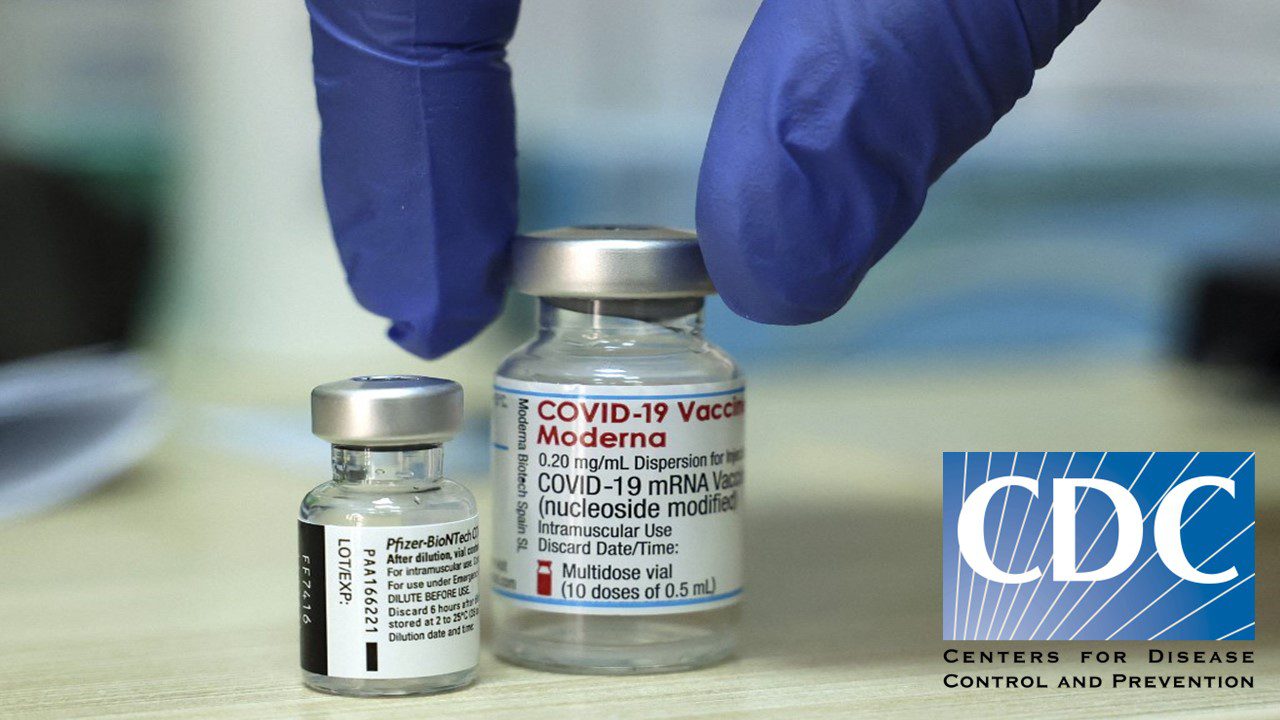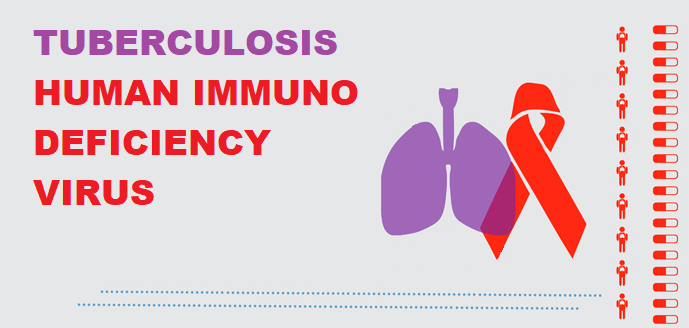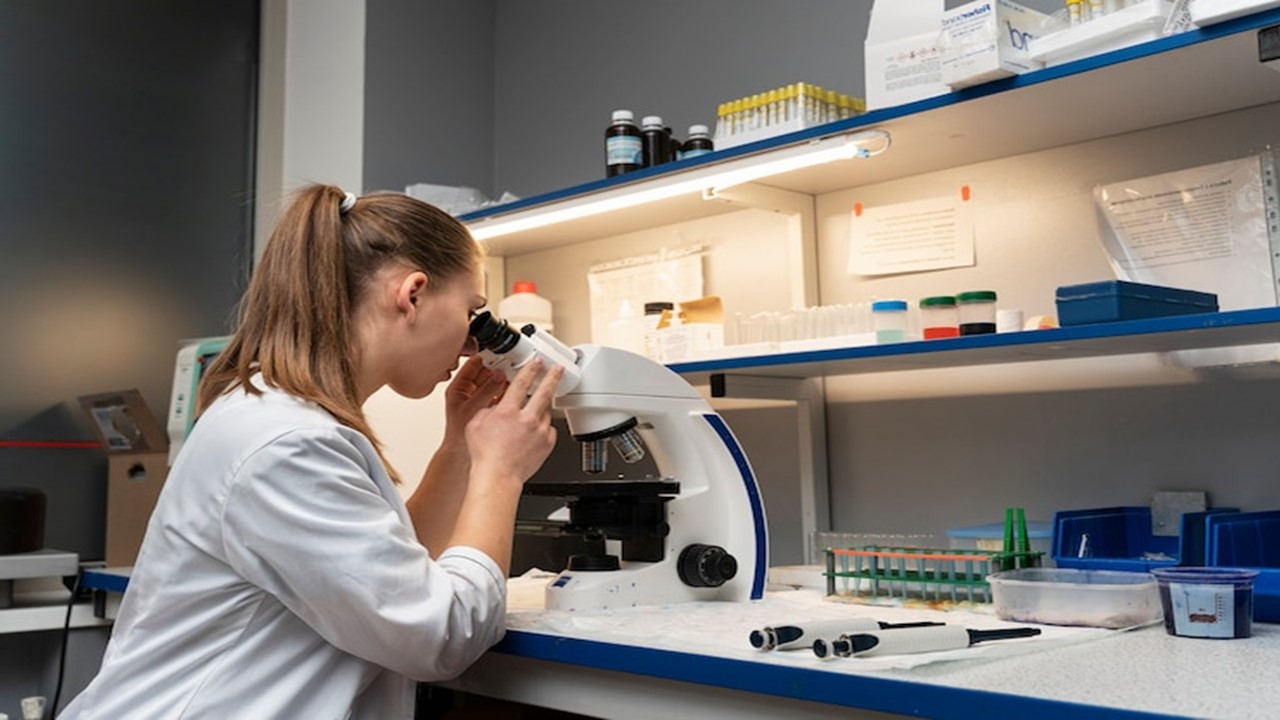Effects of the COVID-19 Pandemic on Clinical Trial Operations
The COVID-19 pandemic has had unprecedented effects on operations for any clinical trials – not only did it impose severe disruptions to all research in its early stages, but it also has brought about disruptive and reformative change that will be felt long after the pandemic shifts away from public focus.
A Sharp Initial Disruption
The initial effect of COVID-19 on all clinical trial operations may have been obvious: as guidelines for social distancing and isolation grew, so did the difficulty of performing trials as we know them. More than that, with the subsequent global push to focus medical care and therapeutic research in providing solutions for the pandemic, resources were scarcely available for traditional trials. Few things elucidate this shift of focus better than pharmaceutical giants Pfizer, Bristol Myers-Squibb, Eli Lilly and others, all halting enrollments into their clinical trial programmes at the start of the pandemic. Further indication of this is seen with the -80% reduction in new trial participants in April 2020, compared to April 2019, as reported in Nature.
Such decisions were costly – both in terms of research progress, and in lives. Particularly for quickly growing fields of the life sciences, such as for cancer treatments, trials had become highly impractical. Cancer treatments, particularly chemotherapy, come with a degree of immunosuppression which would increase vulnerability to COVID-19. For patients with refractory cancers that are resistant to treatment, experimental therapies provided through clinical trials may have been the only hope but had become inadvisable. Sentiments such as this are echoed by what Dr. David Ryan, chief of Oncology at Massachusetts General Hospital said to the New England Journal of Medicine, “There’s no question that clinical research in cancer will be set back by at least a year as we all drop what we’re doing to take care of the surge of patients.”
Clinical trial operations had to make novel adjustments to safeguard work that had already been done – the calculus for many decisions was changed practically overnight. Examples include whether to discontinue treatments or maintaining patients on placebo arms of pre-existing studies and accounting for appropriate benefits weighed against risks for trial outcomes. In the interest of preserving some value out of trials that were underway when COVID-19 happened, creativity and flexibility were required in generous amounts.
The Rise of Decentralised Clinical Trial Technology
But it did not have to be this way. Many changes seen in trial procedures that had been implemented were already possible to carry out before; for such decisions, the pandemic merely became a catalyst for change. Trial organisers soon rediscovered the area of telemedicine which enabled the correspondence of participants and their carers remotely, or in decentralised areas – like in-house visits. Remote follow-up made sense to begin with, although tradition and administrative inertia did not make it a reality for most trials prior to the pandemic. Patients in general reported high satisfaction with telehealth in general, not limited to clinical trial environments. 72% of physicians reported better engagement with remote experiences.
This adjustment of trials to the era of social distancing has given impetus to the phenomenon of Decentralised Clinical Trials (DCT). DCT remains an umbrella term that can describe any form of trial that integrates remote and digital elements, whether in part or whole. Much like hybrid working patterns, decentralised clinical trials already existed; their adoption simply was not widespread before the pandemic forced the industry’s hand. Previously, DCTs were viewed as a niche application – and the decision to carry out larger trials in a more decentralised manner was seen as an unnecessary, disruptive risk when the existing methodology had already been working well enough. Beyond the initial short term effects of cancelled or suspended trials and delays in research, this may perhaps be the pandemic’s most lasting legacy on the entire field of clinical trial operations.
DCTs provide numerous advantages. The immediately obvious advantage is that without a centralised venue for trials, the pool of eligible participants immediately increases manifold. This is because remote trials can reach a more distant population. This can drive costs down in many ways: less travel is required, fewer time and smaller capacity is needed in a physical venue and there are simply more willing participants. But this can also have clinical implications. Traditionally, clinical trials have taken place in the same major urban centers. By definition, this excludes entire demographics, while skewing studies towards more urban populations. The same reasons that make participant enrolment easier for DCTs also make participant retention much likelier – which has always been a problem with traditional trials.
With the embrace of technologies for DCT organisation, other technological benefits can also be reaped. Decentralised trials are better positioned to exploit data gathering apps and wearables, which can enhance their data collection quality, as well as reduce the data needed for verification. This is in stark contrast to the traditional approach of only collecting data on site. For these reasons, and the pandemic itself, over 76% of researchers surveyed by Oracle reported increased adoption for DCTs, with 38% reporting that more than half of their trials were decentralised.
A View Towards the Future
The need to implement DCTs was accompanied by an intense drive for regulators to adjust to the new, digital-led environment. The FDA set up the Digital Health Center for Excellence to monitor progress in the area of DCTs, not only by enforcing regulations but also through providing a reliable knowledge base for this relatively new area of healthcare. Further to that, it aims to cut costs in healthcare and increase efficiency by encouraging the uptake of innovative, decentralizing technologies for trials.
The market for decentralised trials is also booming, with multiple firms specializing in the field growing in value over the last two years. However, many concerns remain. Decentralised trials have indicated the potential for much more intrusive data collection, which makes development of appropriate cybersecurity protocols and regulations a priority. However, the pandemic has made regulatory frameworks more sympathetic to working with the private sector in carving a path through this terra incognita – and the future for the sector looks hopeful. Perhaps this will be remembered as the silver lining of the pandemic in clinical research – a big push to convert our clinical trial practices to a more efficient, patient-centric, digital form.
Nick Zoukas, Former Editor, PharmaFeatures
Subscribe
to get our
LATEST NEWS
Related Posts

Infectious Diseases & Vaccinology
Rezzayo™’s Latest EU Approval for Invasive Candidiasis Breaks Ground in Antifungal Therapy
Rezafungin marks the initial addition to the treatment arsenal for patients grappling with invasive candidiasis in more than 15 years.

Infectious Diseases & Vaccinology
Unmasking the Shadow: CDC Battles the Latest Fungal Meningitis Outbreak in Matamoros, Mexico
CDC tackles fatal fungal meningitis outbreak linked to surgeries in Matamoros, Mexico.











